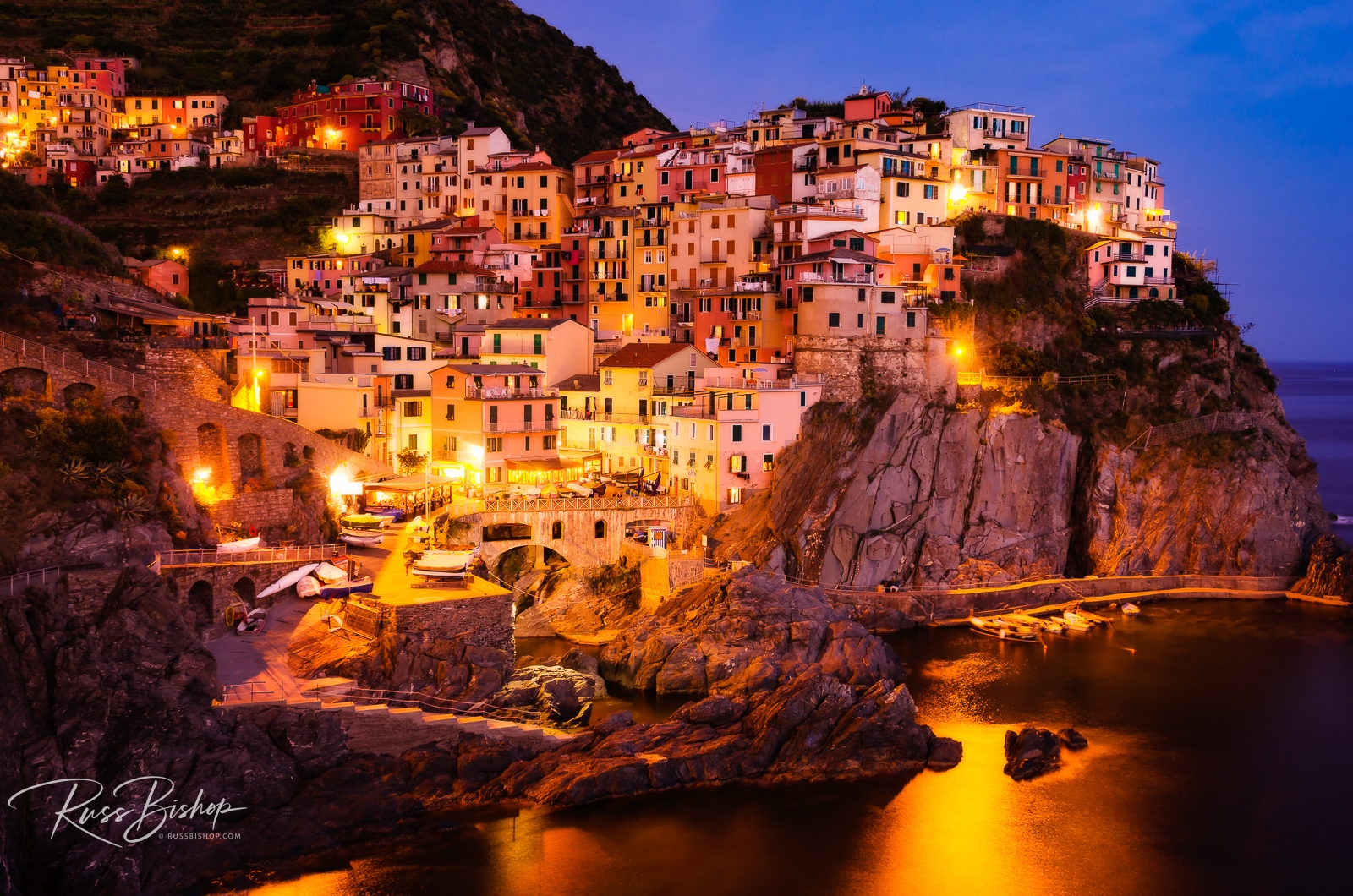
Saguaro National Park is unique among the nation’s natural sanctuaries. Almost entirely a wilderness preserve, it surrounds a major metropolitan area yet manages to retain its remote and wild feeling. Just minutes from the city lights of Tucson you’ll find yourself immersed in a world rich in Native American history and the striking flora of the Sonoran Desert.
Two units separated by the city, the Tucson Mountain District to the west and the Rincon Mountain District to the east, provide two unique environments. Signal Hill in the Tucson Mountain District includes hundreds of ancient Hohokam petroglyphs surrounded by dense saguaro forests and wonderful views of the local mountains.
The Rincon Mountain District to the east includes the land protected in the original monument before it became a park in 1994. It’s a desert sky island home to bears, cougars, and the elusive kudamundi. This side of the park has fewer saguaro than its western counterpart, but they are larger in size due to greater amounts of rainfall and runoff from the Rincon Mountains. Rising from the desert floor to over 8,500 feet, these rugged peaks even support a temperate conifer forest – rare in this desert climate.
The American southwest is a fascinating land of beauty and contrast. And for anyone searching for great desert photography, a chance to connect with past civilizations or simply find desert solitude Edward Abbey style, Saguaro National Park is a prime destination.
©Russ Bishop/All Rights Reserved


